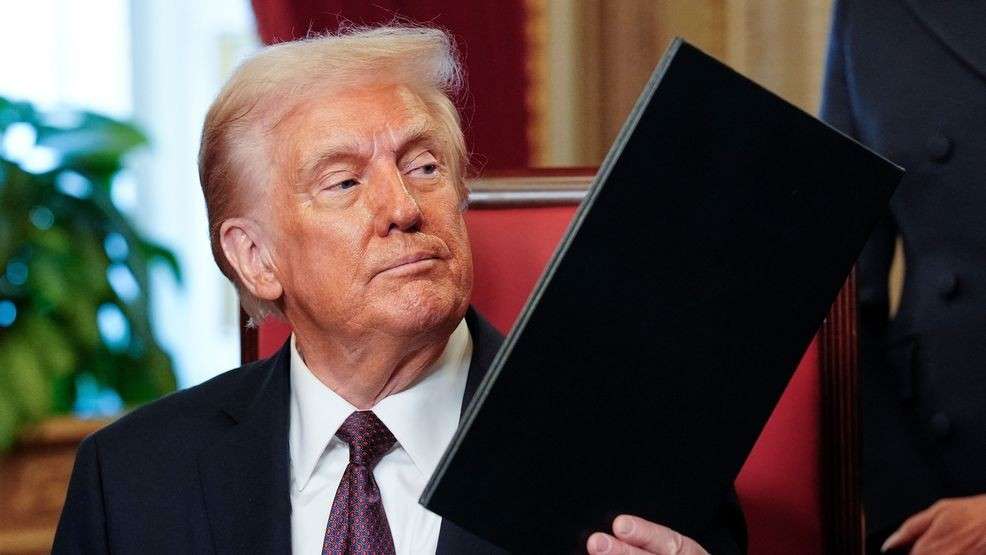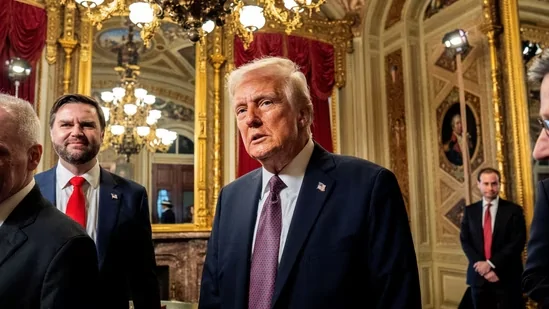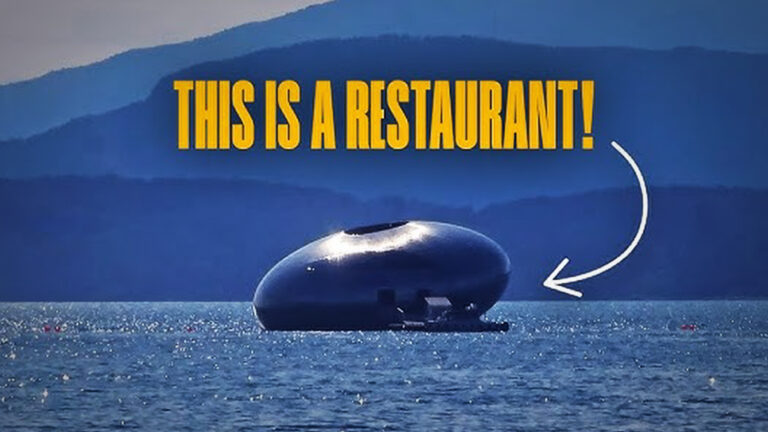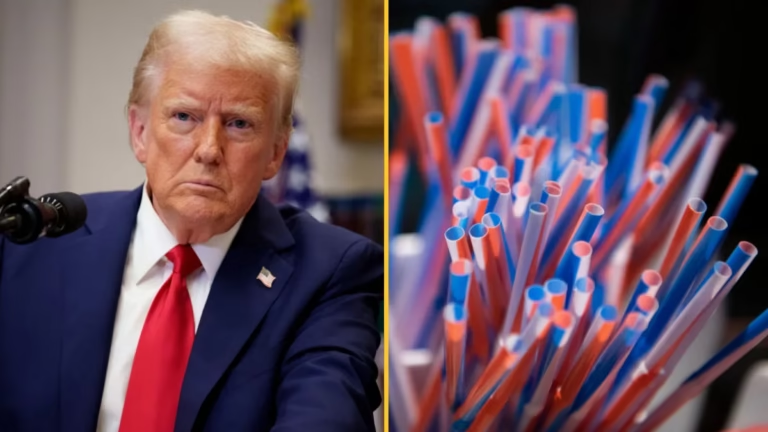Is Israel’s Aid Frozen Too? Trump Administration Freezes US Foreign Aid, But What About Israel?

In a major shift in U.S. foreign policy, the newly sworn-in Trump administration has moved to freeze all foreign aid, with notable exceptions for Israel and Egypt. This sweeping order, announced on Friday, signals a significant change in how the United States approaches overseas assistance. As the world’s largest donor, the U.S. has long played a pivotal role in providing development and humanitarian aid across the globe. But with President Trump’s “America First” policy in full effect, foreign aid—particularly to countries like Ukraine and various African nations—has been drastically restricted. So, why have Israel and Egypt been exempted, and what does this mean for global aid dynamics moving forward?

The Trump Administration’s Foreign Aid Freeze
The United States has long been recognized as the world’s largest donor of foreign assistance, contributing over $64 billion in 2023 alone. However, under the direction of the Trump administration, that generosity is being reevaluated. A memo from Secretary of State Marco Rubio, which was cited in an AFP report, stated that no new funds would be committed for foreign aid without a thorough review process. This freeze applies across the board—from development assistance to military aid—and affects countries like Ukraine, which has received billions in weapons under President Biden to aid in its fight against the Russian invasion.
One of the most significant consequences of this freeze is the halt in funding for PEPFAR (The President’s Emergency Plan for AIDS Relief), a vital U.S. initiative that has provided lifesaving treatment to millions of people in developing countries. Launched in 2003 under President George W. Bush, PEPFAR has saved an estimated 26 million lives, largely in Africa. The decision to pause funding for such a program raises questions about the long-term humanitarian impact of this policy shift.
Exemptions for Israel and Egypt
While many countries face restrictions on U.S. assistance, Israel and Egypt have been explicitly exempted from the freeze. The U.S. has long been a key ally to both nations, providing substantial military and financial aid over the years. For Israel, this aid has increased since the Gaza conflict, and Egypt has received generous defense funding since signing a peace treaty with Israel in 1979.
The Trump administration’s decision to preserve military assistance for these countries underscores their strategic importance to U.S. foreign policy in the Middle East. Additionally, U.S. contributions to emergency food assistance programs—helping countries like Sudan and Syria facing dire humanitarian crises—will continue under the new policy.
What’s the Bigger Picture?
The freeze on foreign aid reflects a broader shift towards prioritizing domestic issues and reducing U.S. involvement in international affairs. Secretary of State Marco Rubio emphasized in his memo that the administration needs time to assess whether existing foreign aid commitments are effective, necessary, and aligned with President Trump’s foreign policy agenda.
This review process will likely take up to 85 days, and the memo allows for case-by-case exceptions. While the halt in funding raises concerns about the effectiveness of U.S. aid programs, particularly for vulnerable populations, the administration has also made provisions to ensure the continuation of critical humanitarian assistance in emergencies.

The Impact on Global Aid and Relations
The freeze on U.S. foreign aid has significant implications not only for countries that depend on American support but also for global diplomatic relations. Countries like Ukraine, which have benefited from substantial U.S. aid, will likely feel the impact of this freeze the most. Meanwhile, nations that are traditionally recipients of development aid—especially those in Africa and Asia—may face challenges as the U.S. re-evaluates its role as the world’s leading donor.
At the same time, the policy shift could open the door for other global powers, such as China and the European Union, to step in and fill the void left by U.S. reductions in foreign assistance. This could lead to a realignment of international aid priorities and alter the dynamics of global aid and development programs.
Conclusion: A New Era of U.S. Foreign Policy?
The Trump administration’s freeze on foreign aid represents a bold rethinking of U.S. involvement in global affairs. While Israel and Egypt remain exempted due to their strategic importance, the freeze affects critical aid programs like PEPFAR and military assistance to countries in conflict zones. This shift in policy raises important questions about the future of U.S. foreign aid, the global humanitarian landscape, and the broader implications for U.S. relations with countries around the world.
How do you think this change in U.S. foreign aid policy will affect global diplomacy and humanitarian efforts in the long run?






